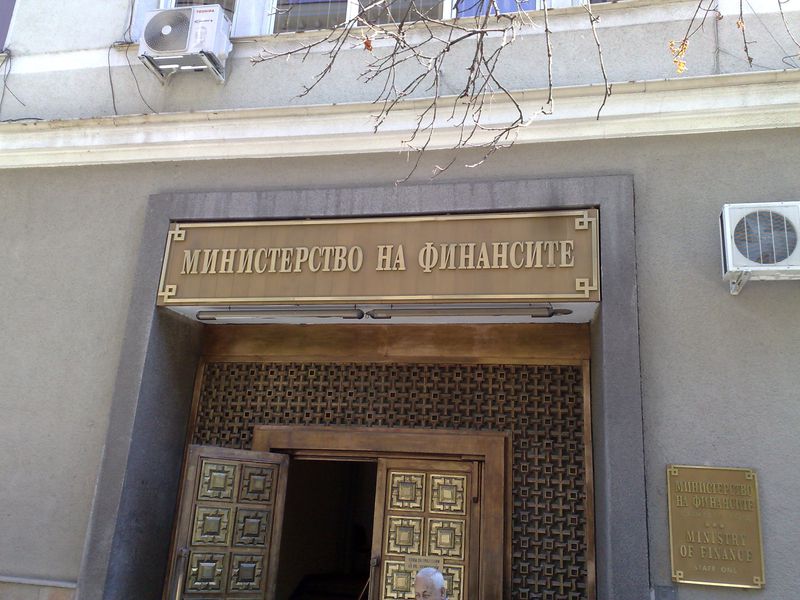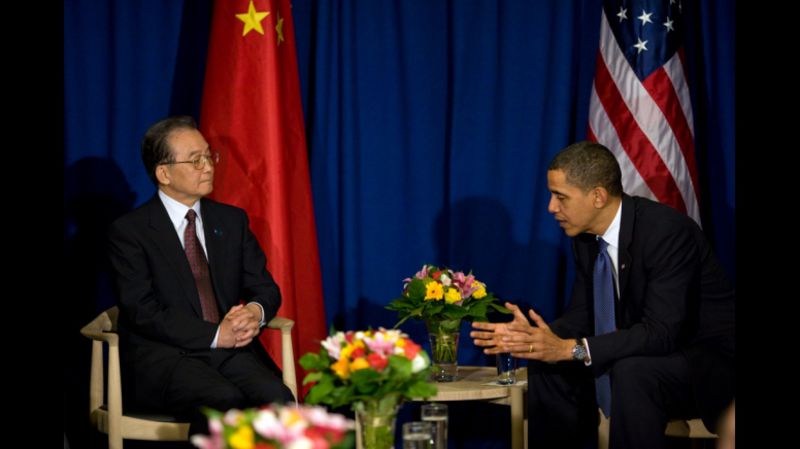Unemployment will fall around the world but the Eurozone is in danger
euinside, January 8, 2010
 By the middle of 2010 a significant turnaround is expected soon in their labor, inventory, and investment demand, with employment expected to improve. This is the forecast of a group of economists from the Carnegie Endowment for International Peace, the World Bank, the IMF and the American Enterprise Institute. At a discussion in Washington Desmond Lachman* of the American Enterprise Institute forecast a sharp in commodity prices—which would raise real incomes in advanced economies. According to Uri Dadush** and Phillip Suttle*** though, worries about inflation and asset bubbles are building, but on a country by country basis.
By the middle of 2010 a significant turnaround is expected soon in their labor, inventory, and investment demand, with employment expected to improve. This is the forecast of a group of economists from the Carnegie Endowment for International Peace, the World Bank, the IMF and the American Enterprise Institute. At a discussion in Washington Desmond Lachman* of the American Enterprise Institute forecast a sharp in commodity prices—which would raise real incomes in advanced economies. According to Uri Dadush** and Phillip Suttle*** though, worries about inflation and asset bubbles are building, but on a country by country basis.
The introduction of new regulations (such as higher capital requirements), if imposed too early, may hurt the banking sector, which still needs support, the economist Uri Dadush says.
The experts Lachman and Suttle see a very serious threat about the Eurozone. They warn of tensions in the Euro area. Greece, Ireland, Spain, and Portugal are all struggling to address deficits and large debts; without independent monetary authorities or the flexibility of a floating exchange rate, these countries may be forced to “tough out” budget cuts for an extended period. This will likely strain relations with other Euro area members, and could fracture the currency zone if any of these countries is forced out.
Not less threatened are the major economies with large debts, Jorg Decressin**** warned. Among the hardest affected nations would be the US and Britain. Heavily indebted economies must consider all options, including tax increases, spending cuts, and structural changes to return to a more sustainable fiscal position.
The economists also warn that trade bickering between the United States and China is dangerous. According to Dadush and Lachman this is part of the threat of protectionism which will need special attention in 2010, especially if unemployment remains elevated.
The analysis of the experts about serious differences between the emerging and advanced economies is also very interesting. Emerging economies, which are increasingly driven by domestic growth factors rather than exports, are now contributing significantly more to growth and investment than advanced countries. At the same time, there was much heterogeneity among the emerging economies. While Asia and China, in particular, has led the recovery, Eastern Europe (with the exception of Poland) has been less successful, with little sign of recovery.
Latin America paints the most diverse regional picture, with countries like Brazil faring relatively well and others, like Chile, lagging behind. According to Mr. Jorg Decressin, as long as the differences between the advanced economies, which are weighed down by both structural and cyclical weaknesses, and emerging ones persist, capital will continue to flow to emerging markets. All participants in the discussion agree that China must evolve to fit its new position in global economy because soon the country will become the second largest economy in the world, the largest trader and emitter of CO2. The recommendations towards China are for structural reforms and a more flexible exchange rate.
*Desmond Lachman is managing director and chief economic strategist of the emerging markets in the American Enterprise Institute. He focused on the global macro economy, global currency issues, and the multilateral lending agencies;
**Uri Dadush is senior associate and director in Carnegie’s new International Economics Program. Before that he was director of international trade for six years and before that as director of economic policy for three years. He was also a president and CEO of the Economist Intelligence Unit;
***Philip Suttle is the new Director of Global Macroeconomic Analysis at the International Institute of Finance in Washington D.C.;
****Jorg Decressin is an expert at the International Monetary Fund
 | © euinside
| © euinside | © the White House
| © the White House